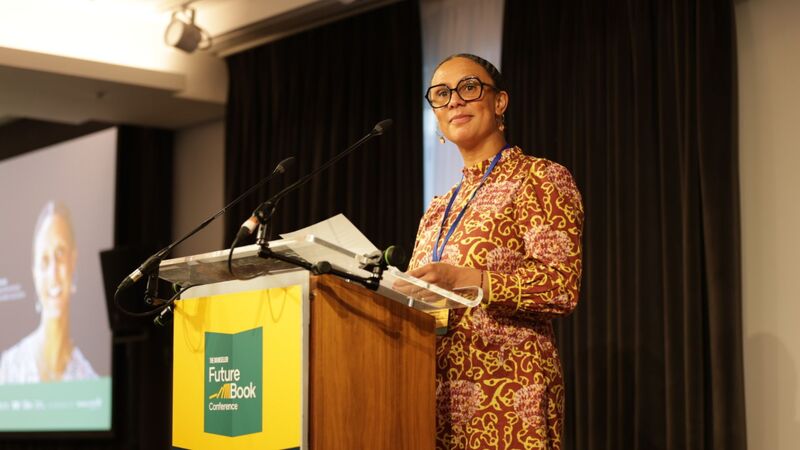You are viewing your 1 free article this month. Login to read more articles.
Transformers

In summer 2020, the New York Times noted that the US book publishing sector was on the cusp of a “rare moment of transformation”. The book business is slow to update, it warned, but “over the last year, deaths, retirements and executive reshuffling have made way for new leaders, more diverse and often more commercial than their predecessors... Those appointments stand to fundamentally change the industry.”
As a publishing assistant turned critic and reporter, Valdes is unsparing, writing that, contrary to Lucas’ optimism, many executives felt bruised by their years in publishing and were wary of the sector’s commitment to change
Two years on, a progress report was published by the same paper, charting the experiences of Lisa Lucas, the first Black publisher in Knopf division Pantheon’s 80-year history. The journal also gave an overview of US publishing’s half-hearted but decades-long efforts to diversify, written by staff writer Marcela Valdes. As a publishing assistant turned critic and reporter, Valdes is unsparing, writing that, contrary to Lucas’ optimism, many executives felt bruised by their years in publishing and were wary of the sector’s commitment to change.
The UK is not America, and we are hardly blessed with such reporting on the business as the New York Times regularly manages to muster; nevertheless, were the FT or the Guardian to take notice of such things, we too might be talking about an industry on the cusp of something new, after the appointments this week of Sharmaine Lovegrove to Hachette UK’s main board (following the hiving off of the imprint she founded, Dialogue Books, into a separate division), and Preena Gadher to m.d. at Penguin Random House UK’s highly successful Penguin General division, where she succeeds Pan Macmillan head Joanna Prior.
I hesitate to make too much of this, but also too little. Lovegrove and Gadher run successful, award-winning businesses already, their appointments are not exercises in quotas. Neither are new to this sector, their space is already assured. Yet for as long as I can remember none of the UK’s biggest trade houses (absent Bonnier) have found a role for a publisher/m.d. of colour on their boards, and it is two years since many—PRH notably—put in place accelerated recruitment and promotion plans. Timely is too tame a word for this.
The reality is that the work here is not finished. In her New York Times piece, Valdes writes: “The non-white veterans I spoke with were especially wary. Although they cheered the recent wave of new hires and initiatives, none could muster much confidence about the staying power of this moment.” Those who think the situation in UK publishing is so different should have a rethink. I see enough to know it isn’t. Even as our coverage of the issue has strengthened, and in its own way diversified through The Black Issues and our Discover strand, many people of colour within the business I talk to share the wariness and disappointment of their US colleagues, as cited by Valdes.
Individuals cannot change this alone, and neither should they be tasked to do so. As signifiers of a larger shift, the appointments this week mark a welcome step forward. But one good week does not erase the rest.




















